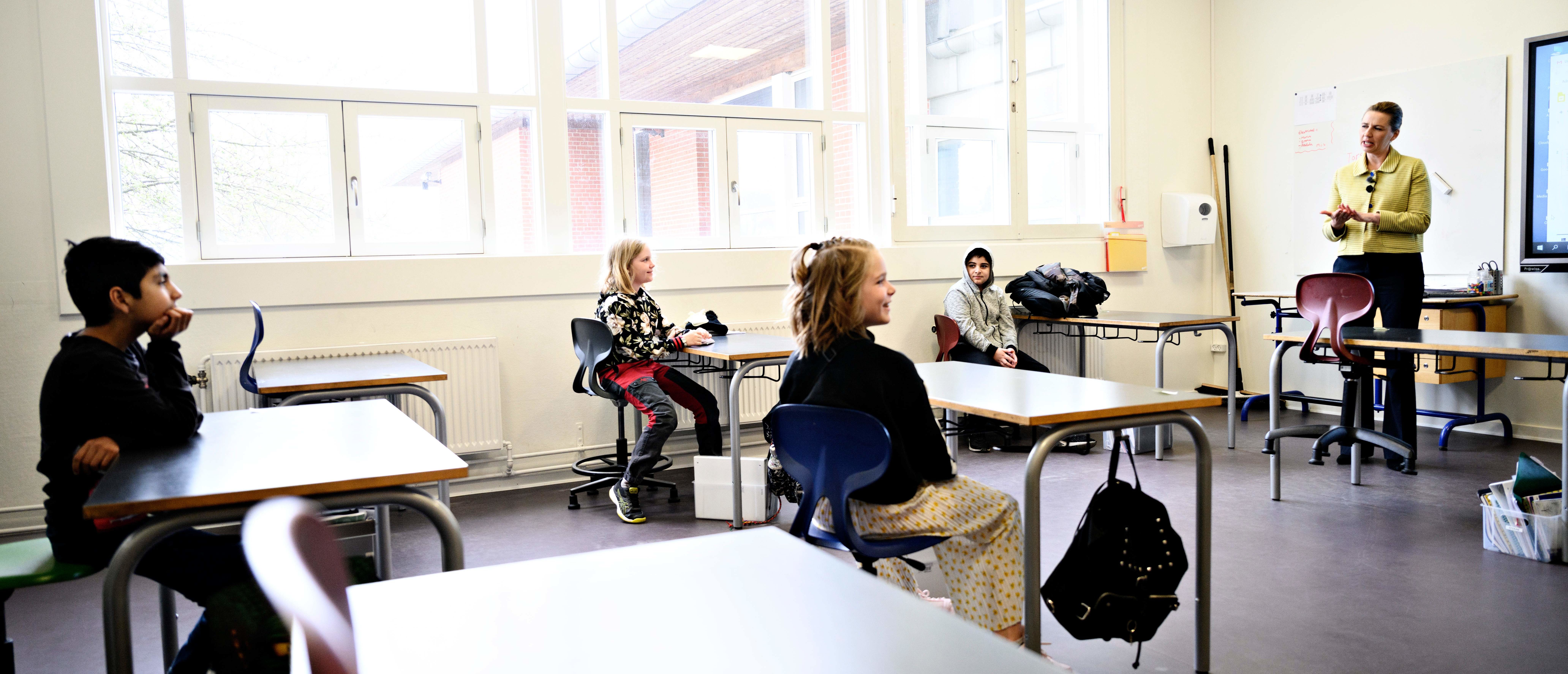Denmark ended its national lockdown Monday after a partial reopening of the country’s economy did not lead to a rise in coronavirus cases.
Last month, Denmark became the first country in Europe to enact a partial reopening, and since then the number of new cases and the rate of transmission has been dropping, Reuters reported. With a population of nearly 6 million people, Denmark has confirmed almost 11,000 cases and 548 deaths so far, according to the Johns Hopkins Coronavirus Resource Center.
Danish authorities reported no deaths Friday, the first time since March 13, and the country’s health experts say that a second wave of the coronavirus is unlikely to affect the country.

Danish Prime Minister Mette Frederiksen speaks at a reopened school in Copenhagen (Philip Davali/Ritzau Scanpix/AFP via Getty Images)
The second phase of reopening began May 11, with shopping malls and restaurants becoming accessible to the public once again. (RELATED: 4.5 Million People Return To Work As Italy Eases Lockdown Restrictions)
Denmark, like other countries in Europe, enacted partial reopening policies in April in order to ensure that new outbreaks would be prevented. Poland began to open public places in April, and Austria did the same, with neither country reporting an increase in new cases or deaths. Ireland also began its first phase of reopening Friday.
Denmark did not rely on mass testing and contact tracing, nor did it recommend face masks and other coverings. Some health experts, like Danish professor Hans Jorn Kolmos, attributed the country’s success to citizen behavior.
“The quick shutdown and the fact that Danes actually listened to messages from authorities about good hygiene and social distancing are the main reasons we’ve come this far,” he said.


